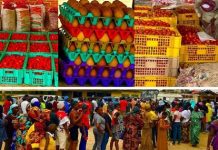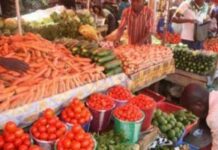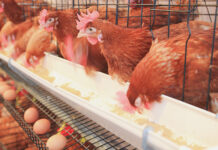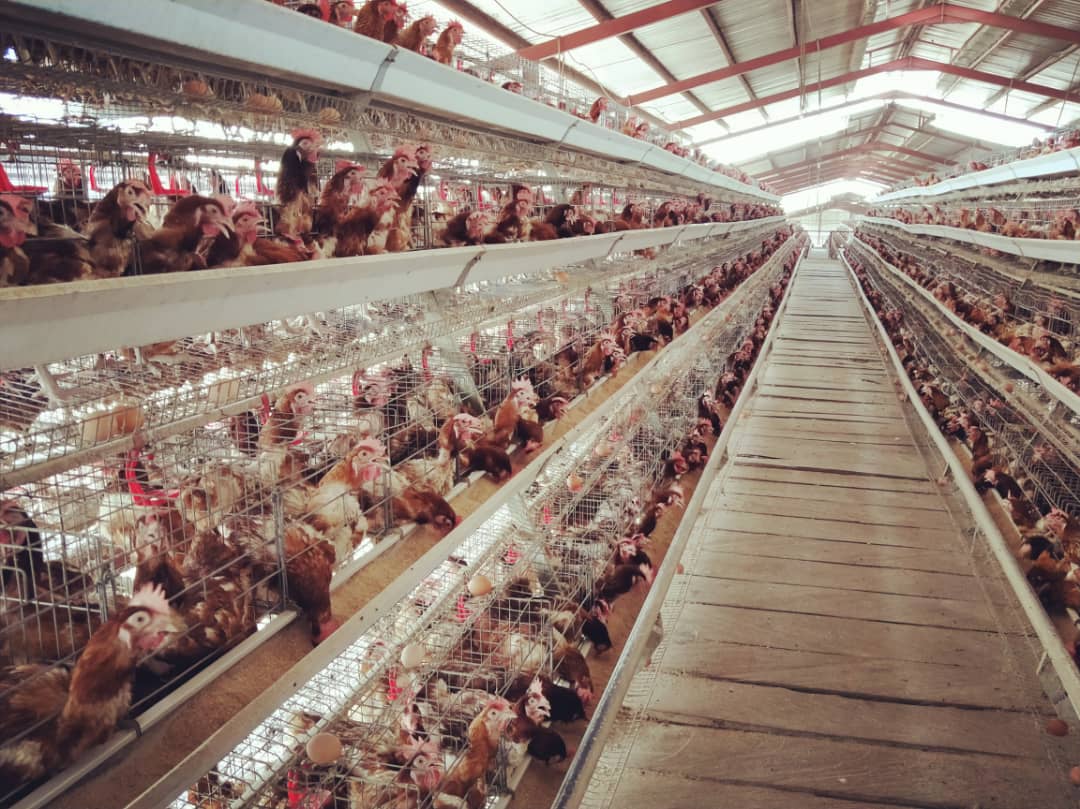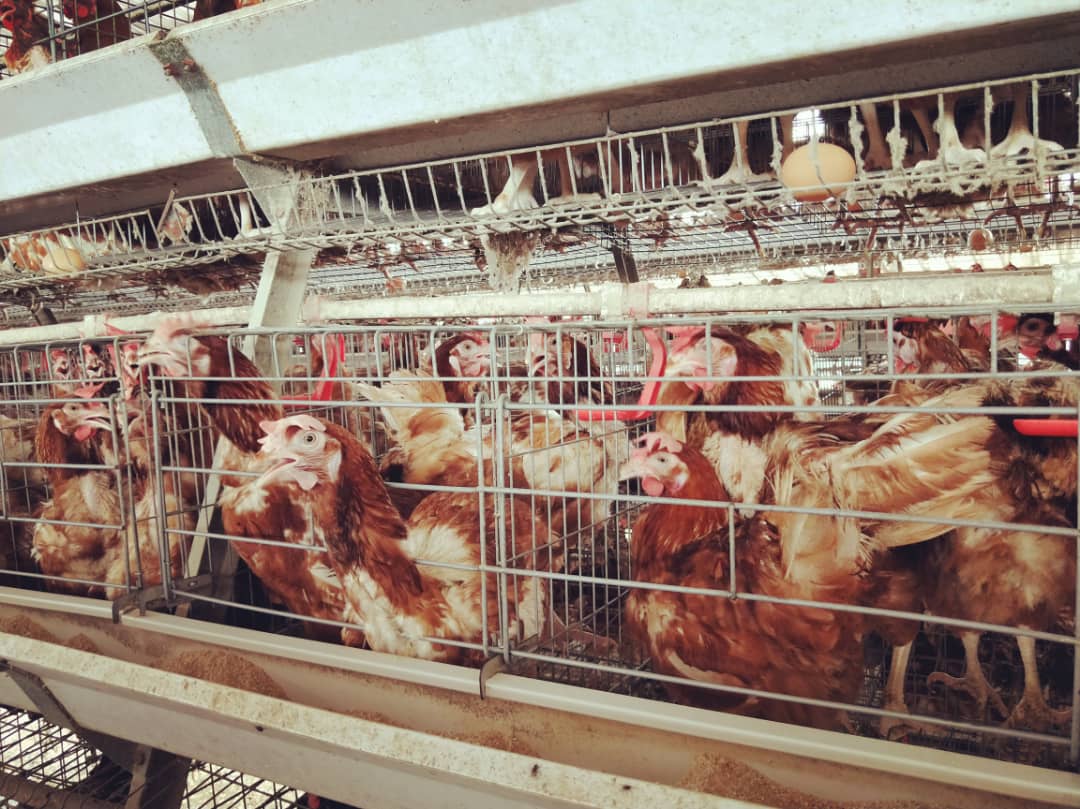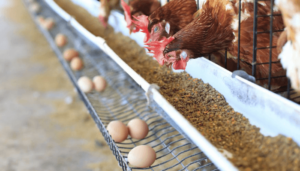
A recent report by SBM Intelligence has revealed that Eggs and offals (organ meats) which became cheaper substitutes for common Nigerians to supplement their protein needs are going out of reach as prices are rising.
READ ALSO: Employees Sues Twitter Claiming Mass Layoffs Violate Federal Law Requiring Notic
In the report, titled ‘Brace for Impact’, SBM insist that eggs have become an adequate substitute for most Nigerians as they strive to reduce the cost of buying bigger protein meals.
“Over the last six months, eggs have gone up in price from a starting price of between N1, 200 to N1, 900 in January, depending on the market, to between N1, 500 and N2, 450 in September,” it stated.
Furthermore, their interviews with poultry farmers suggest that the price of eggs and chicken will increase in the coming months because of the increased cost of inputs, including feeds.
“If you ask me if egg prices will go up, I will say a very big yes, said one of the interviewees,” a 47-year-old poultry farmer based in Kano said.
He also said that at the moment, poultry farmers are not making a profit because it is hard to find alternatives for layers’ feed. “You cannot give them garri or maybe anything raw in place of the feed they won’t produce.”
“In the past five-six months, every time I buy poultry feed, it has gone up, and every other thing, too, has gone up. We cannot continue like this as we are not getting any support in these hard times. We have to do what we have to do,” the farmer added.
According to the September 2022 selected food prices report by the National Bureau of Statistics (NBS), eggs were amongst the top five food items that recorded the highest increase in one year. The data showed that its average price increased by 37.4 percent to N75.1 in September from N54.6 in the same period of last year.
The poultry industry was earlier reported to be under tremendous pressure as farmers suffered severe losses owing to a surge in key inputs.
The cost of inputs such as vaccines and drugs is increasing due to the high cost of foreign exchange.
“Prices of drugs for poultry birds are on the increase. And considering that most of these drugs are imported, the value of naira to the dollar has a major impact,” Tolu Alabi, a Lagos- based poultry farmer said.
Data from the NBS shows that growth in the country’s livestock, a sub-sector of the agricultural industry contracted by 2.87 percent in the second quarter of 2022 from 5.55 percent in the previous quarter.
Feed is the most important input for intensive poultry production, and the availability of low-priced, high-quality feeds is critical for the expansion of the poultry industry, according to the Food and Agriculture Organization (FAO).
For maximum performance and good health, poultry needs a steady supply of energy, protein, essential amino acids, minerals, vitamins, and, most important, water, FAO says.
READ ALSO: Strike Looms As ASUU Summons NEC Meeting Over Half-Salary
Folake Aina, managing director of VD&S Farms, and treasurer of the Poultry Association of Nigeria (PAN), Epe Zone, in an interview with BusinessDay explained that maize, wheat offal, and soya beans (the major raw materials used in the production of poultry feeds) are not available at cheap prices as they were a few years back.
“Maize is about 50 or 55 percent material used in producing the feed and the price has gone up by about 120 percent. Soya and wheat offal also,” she said.
Nigeria’s food inflation rate accelerated for the seventh straight month in September to 23.34 percent, the highest in 17 years.
While this has been rising, other countries have recorded a decline in food prices as the global food price index dropped for the sixth consecutive month.

